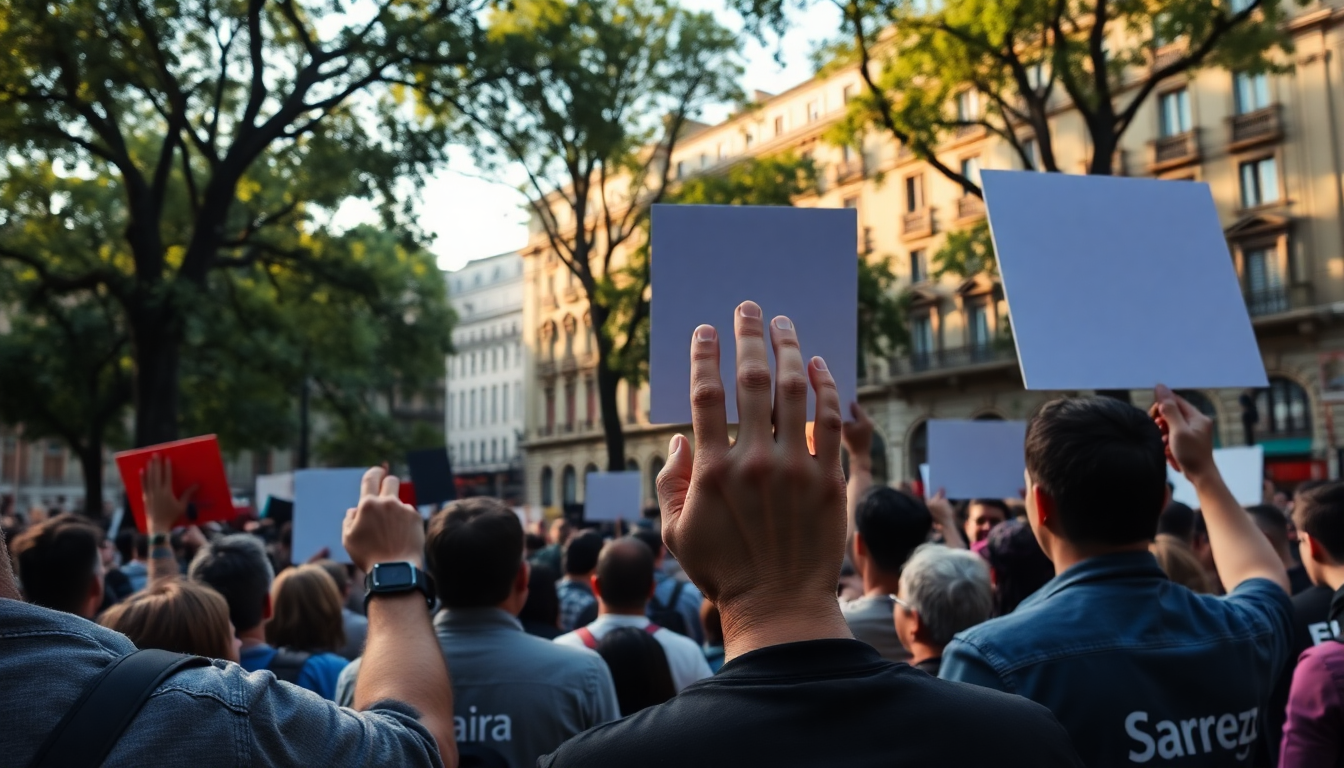Table of Contents
In a world where political integrity seems as elusive as a unicorn, Spanish Prime Minister Pedro Sánchez found himself on the frontlines of a corruption scandal that’s hotter than a summer in Seville. Can you believe it? Just as the citizens were trying to keep the faith, the third-highest ranking member of the Socialist Party, Santos Cerdán, was knee-deep in kickback allegations. Who knew politics could be such a dirty game?
Sánchez’s public apology: A desperate move?
In a dramatic televised press conference, Sánchez took the stage to apologize to the citizens and supporters of his Socialist Workers’ Party. It’s almost theatrical, isn’t it? The prime minister’s solemnity was palpable as he lamented the corruption scandals plaguing his party. “Unfortunately, corruption does exist in this world,” he sighed. But here’s the kicker: What’s he really going to do about it? Words are cheap, especially in times of crisis.
Hours before Sánchez took the mic, the Civil Guard’s Central Operative Unit (UCO) dropped a bombshell. They had evidence linking Cerdán to kickbacks associated with public works projects. So, what’s the prime minister’s game plan? Restructure the party? Order an audit? Sure, that sounds good on paper, but will it actually lead to change? Or is it just a smokescreen to distract from the real issues?
Cerdán’s resignation: A scapegoat or a real criminal?
Let’s talk about Cerdán. The man stepped down, claiming he “never committed a crime.” Really? That’s rich coming from someone at the center of such a scandal. He’s now focusing on his legal defense, which sounds more like a desperate attempt to save face than a genuine walk of shame. And while he’s claiming innocence, the former Transport Minister José Luis Ábalos and his advisor Koldo García are also in the hot seat for allegedly pocketing illegal commissions. It’s like a soap opera, but with more backstabbing.
And don’t even get me started on Ábalos. Just days after the UCO raided his home, he’s out there playing the victim card. “Hoaxes and lies,” he says. Please, spare us the melodrama. It’s becoming a circus, and the audience is anything but amused. Meanwhile, Sánchez, feeling “profoundly incensed,” is left to pick up the pieces of his party’s shattered reputation.
Will Sánchez survive the storm?
The prime minister’s response to the outcry for his resignation has been nothing short of defiant. He insists on sticking around to defend a political project that “millions believe in.” But let’s be real for a second. Is it truly about the people, or is it about preserving his own political skin? His commitment to fighting corruption sounds noble, but how far will he actually go to clean house?
As the political landscape shifts and ultranationalist lawmakers gain ground in the parliament, the stakes couldn’t be higher for Sánchez. With calls for snap elections echoing in the halls of power, the pressure is mounting. The future is uncertain, and while he promises decisive action, many are left wondering whether he’s just another politician with empty promises.
In a world where political scandals are becoming the norm, one has to wonder: is there any hope for genuine reform? Or are we simply watching the same tired play unfold again and again? Time will tell, but for now, the theatrics of Spanish politics continue to captivate and horrify in equal measure.


